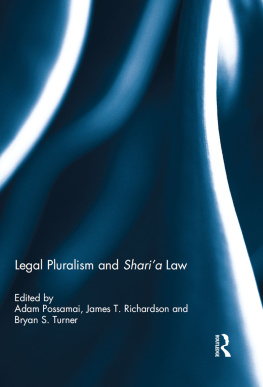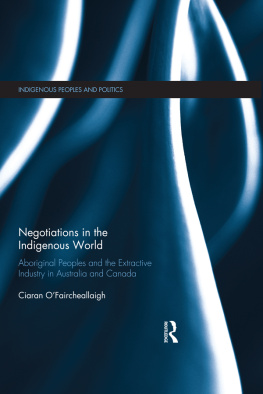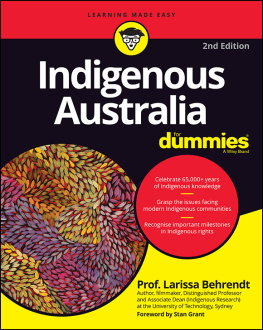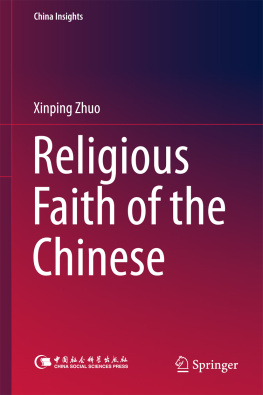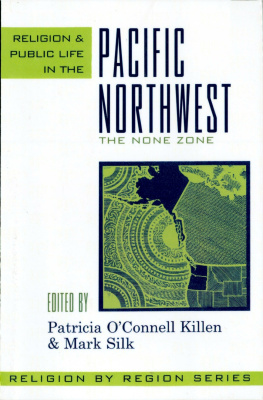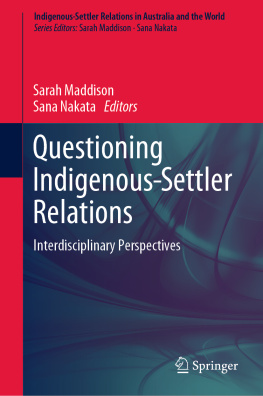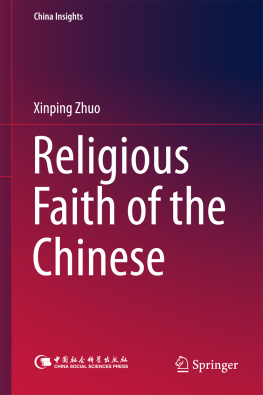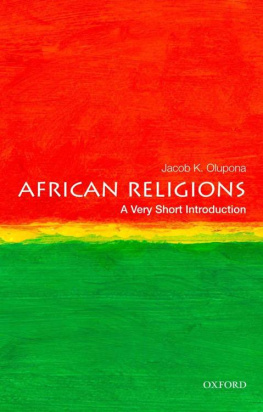PROGRESS AND ITS IMPACT ON THE NAGAS
VITALITY OF INDIGENOUS RELIGIONS
Series Editors
Graham Harvey, Open University, UK,
Afeosemime Adogame, The University of Edinburgh, UK
Ines Talamantez, University of California, USA
Ashgates Vitality of Indigenous Religions series offers an exciting new cluster of research monographs, drawing together volumes from leading international scholars across a wide range of disciplinary perspectives. Indigenous religions are vital and empowering for many thousands of indigenous peoples globally, and dialogue with, and consideration of, these diverse religious life-ways promises to challenge and refine the methodologies of a number of academic disciplines, whilst greatly enhancing understandings of the world.
This series explores the development of contemporary indigenous religions from traditional, ancestral precursors, but the characteristic contribution of the series is its focus on their living and current manifestations. Devoted to the contemporary expression, experience and understanding of particular indigenous peoples and their religions, books address key issues which include: the sacredness of land, exile from lands, diasporic survival and diversification, the indigenization of Christianity and other missionary religions, sacred language, and re-vitalization movements. Proving of particular value to academics, graduates, postgraduates and higher level undergraduate readers worldwide, this series holds obvious attraction to scholars of Native American studies, Maori studies, African studies and offers invaluable contributions to religious studies, sociology, anthropology, geography and other related subject areas.
OTHER TITLES IN THE SERIES
Religious Change and Indigenous Peoples
The Making of Religious Identities
Helena Onnudottir, Adam Possamai and Bryan S. Turner
ISBN 978 1 4724 0297 4
Shamanism and Violence
Power, Repression and Suffering in Indigenous Religious Conflicts
Edited by Diana Riboli and Davide Torri
ISBN 978 1 4094 4386 5
Critical Reflections on Indigenous Religions
Edited by James L. Cox
ISBN 978 1 4094 4500 5
Progress and Its Impact on the Nagas
A Clash of Worldviews
TEZENLO THONG

First published 2014 by Ashgate Publishing
Published 2016 by Routledge
2 Park Square, Milton Park, Abingdon, Oxon OX14 4RN
711 Third Avenue, New York, NY 10017, USA
Routledge is an imprint of the Taylor & Francis Group, an informa business
Copyright Tezenlo Thong 2014
All rights reserved. No part of this book may be reprinted or reproduced or utilised in any form or by any electronic, mechanical, or other means, now known or hereafter invented, including photocopying and recording, or in any information storage or retrieval system, without permission in writing from the publishers.
Notice: Product or corporate names may be trademarks or registered trademarks, and are used only for identification and explanation without intent to infringe.
Tezenlo Thong has asserted his right under the Copyright, Designs and Patents Act, 1988, to be identified as the author of this work.
British Library Cataloguing in Publication Data
A catalogue record for this book is available from the British Library
The Library of Congress has cataloged the printed edition as follows:
Thong, Tezenlo.
Progress and its impact on the Nagas : a clash of worldviews / by Tezenlo Thong.
pages cm. -- (Vitality of indigenous religions)
Includes bibliographical references and index.
ISBN 978-1-4094-6820-2 (hardcover) -- ISBN 978-1-4094-6821-9 (ebook) ISBN 978-1-4094-6822-6 (epub) 1. Naga (South Asian people) Ethnic identity. 2. Naga (South Asian people) Cultural assimilation. 3. Naga (South Asian people) Government relations. 4. Progress Philosophy. 5. Progress Historiography. I. Title.
DS432.N3T48 2014
303.440954165--dc23
2013015409
ISBN 9781409468202 (hbk)
ISBN 9781315602349 (ebk)
Contents
To My Parents Witole and Cheni
Foreword
Progress! Who can possibly be opposed to progress? Progress is one of those shibboleths of Euro-Christian cultures. It is so deeply embedded in the Euro-Christian worldview of temporality that most people do not even give the notion a second thought, merely presuming that progress is an unmitigated good; that it must be a universal virtue affirmed by all people everywhere. That is, unless one happens to be one of the worlds indigenous communities that have been conquered and colonized by the Euro-Christian bulldozers of progress and temporality. As I write this foreword, the same bulldozers of progress are literally scraping off the top ten metres of prime boreal forest over several hundred square miles of Cree lands in northern Alberta, Canada, in order to generate new colonial wealth from Native natural resources buried in the oil-rich tar sands. As for the Cree Peoples who have lived there for centuries, their Native economy is now in shambles, their water supply wickedly spoiled, their subsistence fish and game either gone for good or too poisoned to eat.
This book is about progress and one Indigenous People. It is a careful post-colonial demonstration of the utter destruction wrought when progress is disruptively imposed on any Indigenous Nation, in this case demonstrated in terms of the colonization of Naga Peoples situated in the borderlands between India and Burma. Tezenlo Thong has written a post-colonial history describing the displacement of the ancient traditional culture and value system of his people by the rude and vulgar imposition of the Euro-Christian worldview of temporality and progress.
The Naga Hills is one of those territories along with the Naga Peoples that inhabit the resource-rich hills that was conquered, governed and controlled by one of the Euro-Christian expansionist powers in the Christian nineteenth century. History books almost universally denigrate Naga Peoples for daring to resist this brutal invasion and military subjugation of their homelands by the genuinely warlike Anglo-Christian invaders. Like all the nations under Euro-Christian colonization, Nagas were vilified by those who conquered them in order to justify the violence of their conquest. Missionaries, colonial military and government functionaries and colonial scholars all created a persistent profile of Nagas that demonized them as monstrously less-than the Euro-Christian civilized ideal. Caricaturized as beastly tribal savages, they are persistently described in Anglo-Christian writings as warlike (think here of a psychology of projection) and even as head-hunters as if that were a discrete natural category of cognition that somehow functions normatively when it derives more directly from the Euro-Christian (colonial/anthropological) imagination. In other words, Naga Peoples were backwards, atavistic monsters who fully deserved to be attacked and conquered by their moral and civilized Christian betters the heavily armed English military and their compatriot Christian missionaries. As the colonialist texts describe them, the Nagas were culturally degenerate and deeply in need of the superior Euro-Christian governing structures provided to them by colonialism with its two-pronged military and religious intervention.
For better or for worse, these militaristic conquerors had the benefit of written text which gave them the advantage of being able to signify those they conquered. Like other Indigenous Peoples around the world, Naga Peoples had a sophisticated oral culture with little need for written text until the time of conquest. As a result today, long after the fact of the invasion, the only nineteenth-century written records (that is, so-called primary documents) about Naga Peoples are those devised by the conquerors: the English governmental functionaries and their religious counterparts, the missionaries. Both had self-serving interests for inventing derogatory misrepresentations of Nagas to validate their own conquest story as legitimate and godlike.


